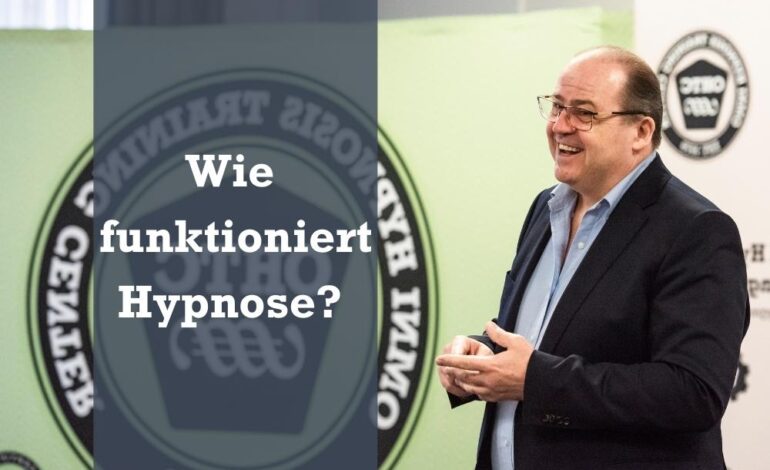According to a study by the Swiss Health Observatory (Obsan), psychotropic drugs are the most frequently prescribed medication in Switzerland. From 2017 to 2020, which was the duration of the study, the number of prescriptions increased. This was followed by saturation. The impact of the pandemic on the amount of psychotropic drugs prescribed needs to be re-examined.
A tablet is quickly prescribed and swallowed, and apart from taking it regularly, the patient does not need to take any further responsibility. The medication will fix it. But does it really?
Let’s first look at what exactly psychotropic drugs are. There are four groups of medications that belong to the psychotropic drugs:
Psychotropic drugs
Antidepressants are prescribed for depression, anxiety, obsessive-compulsive disorder, chronic pain, migraines, eating disorders and persistent sleep disorders. Antidepressants are by far the most commonly taken psychotropic drugs.
Anxiolytics and sedatives are used to treat anxiety disorders, states of agitation and tension as well as sleep disorders. Benzodiazepines are mainly prescribed here, but they cause a number of side effects. These include fatigue, poor concentration, impaired reaction time, breathing disorders and a drop in blood pressure. Prolonged use can lead to psychological and physical dependence. Anxiolytics and sedatives are the second most commonly taken drugs after antidepressants.
Antipsychotics are the third most commonly used psychotropic drugs. They are used when hallucinations, delusions or severe mood swings are involved. They are also prescribed “off label” (outside the approved indication), for example as sleeping pills or tranquilizers.
ADHD medication is given to reduce hyperactivity, reduce impulsivity and improve the ability to concentrate. They make up the smallest proportion of psychotropic drugs taken.
Fighting symptoms or eliminating the cause?
Tackling a chronic or persistent symptom with medication is certainly better than doing nothing. Psychotropic drugs may help those affected through the first acute phase of psychological stress, but it is clear that they only suppress the symptoms.
However, there is always a reason why depression, anxiety, sleep disorders, chronic pain or lack of concentration arise. The soul and the body don’t do it for fun. There is always a cause that triggers the stressful psychological or physical symptoms.
Hypnotherapy to uncover and treat the causes
The cause is usually a stressful event in the life of the person affected that has not been processed in the subconscious. This may have been a single event, several events or an entire phase in life. This causal emotional wound usually develops very early in childhood. Negative situations in later life can act as a trigger. The old wounds are being torn open again. This leads to symptoms such as depression, anxiety, compulsions, chronic pain and psychosomatic complaints.
With cause-oriented hypnotherapy, the cause can be precisely identified and resolved. Dissolving means that the negative emotion is disconnected from the experience so that the causal situation remains neutral in the subconscious. This means that the subconscious no longer has a reason to produce the symptom.
This takes place in close cooperation between the hypnotherapist and the client.
Hypnotherapy is a short-term procedure. Many issues can be resolved in one to three sessions. It can prevent psychotropic medication from having to be taken or help to discontinue or taper off medication under medical supervision.
Hypnosis has no side effects and does not create dependencies.
Hypnosis works.




